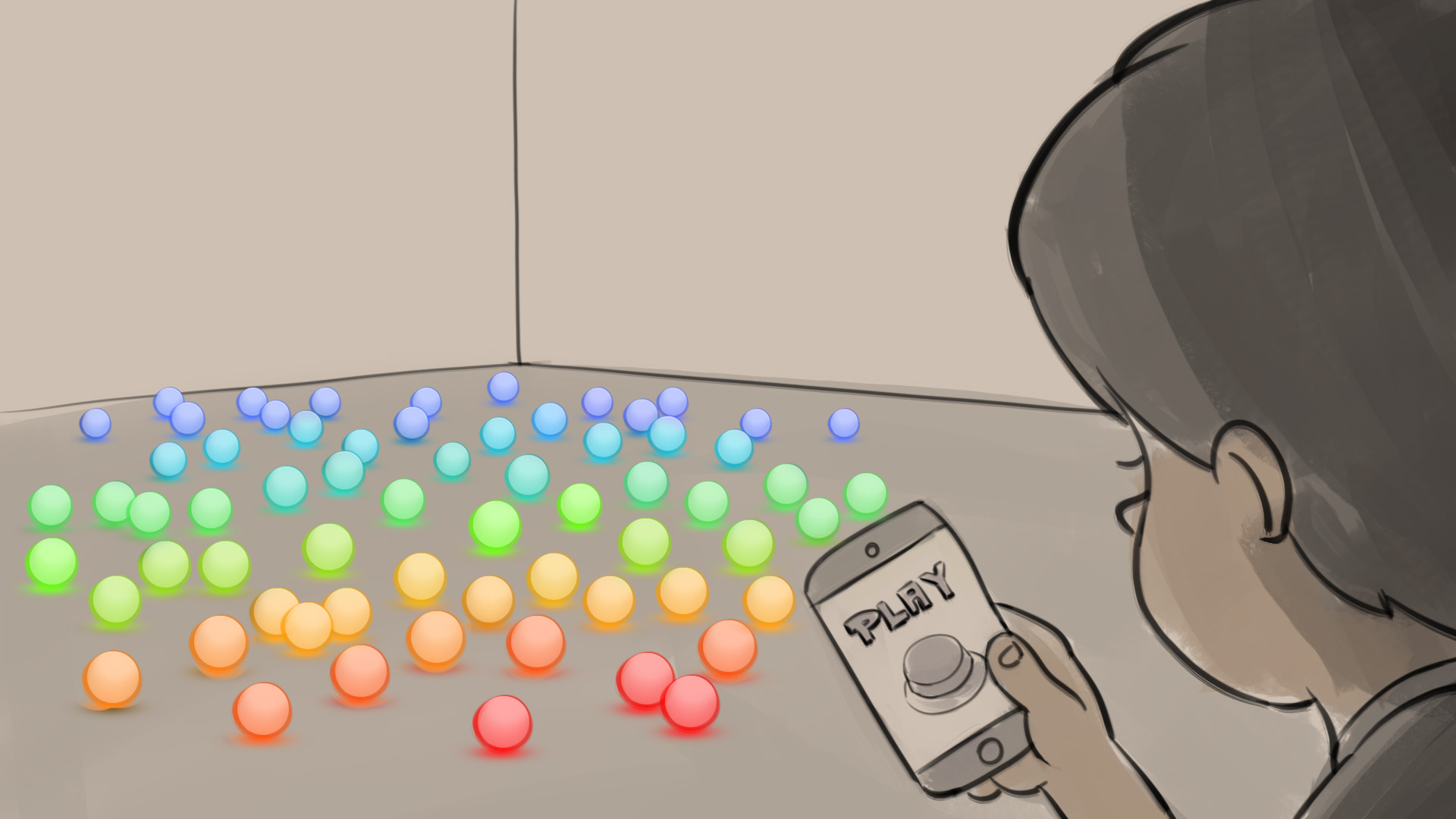Abstract

Bluetooth (BT) devices are usually grouped in a star topology in small clusters called personal area networks (PANs). The population of BT PANs is limited to 8 devices, but setups in entertainment theme parks or interactive installations might want to employ a larger number of mobile devices. In those scenarios, only off-the-shelf devices, without any hardware modifications, can be accepted, so a PAN must be extended to become a low-cost cellular network for consumer products. We explore the design of such a cellular network of BT nodes. The paper discusses the practical aspects of a wireless control system and reports the experience obtained from implementing a proof-of-concept system. The prototype implementation is based on BT dongles, which act as cellular base stations, and Sphero robotic balls, which are low-cost consumer mobile robots. This wireless control system allows the robots to be controlled by a single device; it is modular and scalable and offers handover and localization services typical of common cellular networks.
Copyright Notice
The documents contained in these directories are included by the contributing authors as a means to ensure timely dissemination of scholarly and technical work on a non-commercial basis. Copyright and all rights therein are maintained by the authors or by other copyright holders, notwithstanding that they have offered their works here electronically. It is understood that all persons copying this information will adhere to the terms and constraints invoked by each author’s copyright. These works may not be reposted without the explicit permission of the copyright holder.